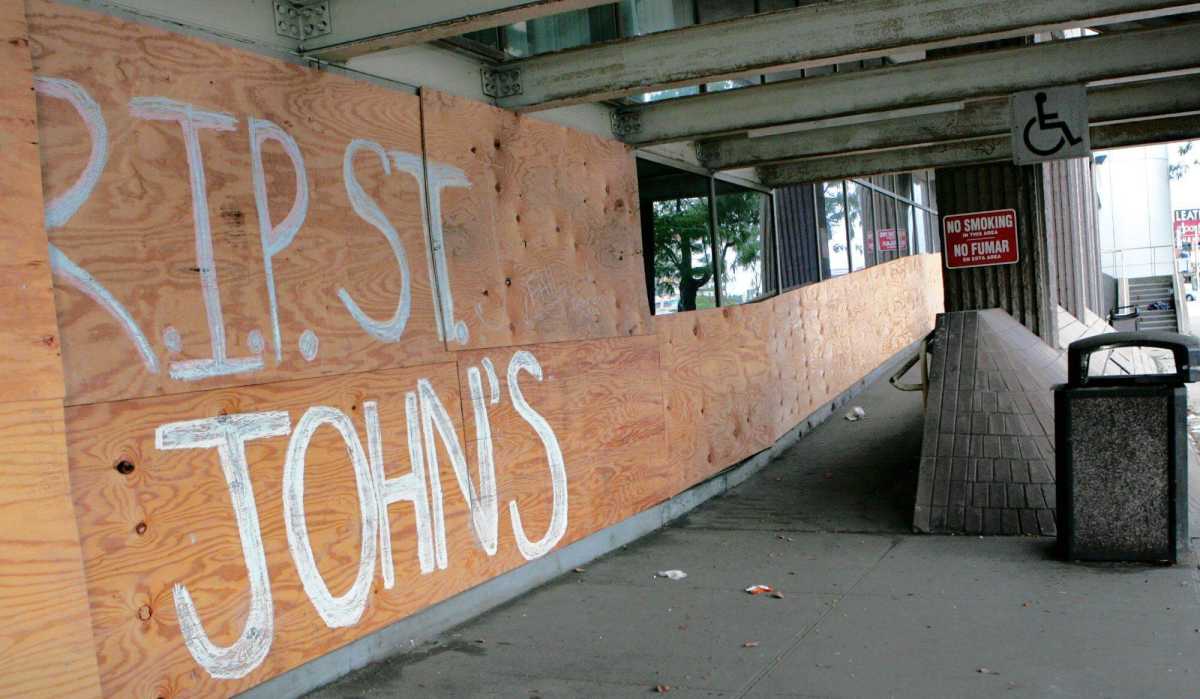By Anna Gustafson
The closings of St. John’s and Mary Immaculate hospitals inspired a bill passed by the state Legislature last week that would require the state to hold a hearing about plans to shutter hospitals and issue plans for filling the gap in health care services in affected communities.
Sponsored by Assemblyman Rory Lancman (D-Fresh Meadows) and Sen. Shirley Huntley (D-Jamaica), the state Legislature unanimously passed the Hospital Closure Planning Act last week. Lawmakers will send it to Gov. David Paterson’s desk within the next several weeks, after which he will have 10 days to decide whether or not to sign the bill that borough lawmakers said addresses a need to give the public more of a voice about hospitals slated to be shuttered.
“In the beginning of 2009, two hospitals closed in Queens County: Mary Immaculate and St. John’s,” Lancman said. “The effect of those hospitals closing were very substantial on those communities they served. To my alarm and dismay the state Department of Health did not have a process in place for evaluating the impact the closing of those hospitals would have on communities they serve and formulating a plan to provide health care services to the communities after they close.”
St. John’s in Elmhurst and Mary Immaculate in Jamaica filed for bankruptcy in early 2009 and their parent company, Caritas Healthcare, was deeply mired in more than $40 million in debt. Queens also lost Parkway Hospital in Forest Hills at the end of 2008.
Lancman and Huntley have criticized the state DOH for its response to the closure of St. John’s and Mary Immaculate and said this act will help lay the groundwork for a comprehensive plan to meet New York’s health care needs. The bill would require the state DOH to hold a public forum within 30 days of a hospital closure and issue a plan for addressing the consequence of the loss of health care services.
“Losing a hospital can adversely affect a community and its residents,” Huntley said. “We’ve seen it happen here in southeast Queens and most recently in Manhattan with the closing of St. Vincent’s Hospital. Due to the current economic climate New York state is facing, we must ensure that neighborhoods across the state can access alternative health care when a hospital closes.”
Paterson had vetoed the Hospital Closure Planning Act in September 2009, but lawmakers said they revamped the bill to address his concerns, including decreasing the number of hearings from two to one.
Reach reporter Anna Gustafson by e-mail at agustafson@cnglocal.com or by phone at 718-260-4574.


































